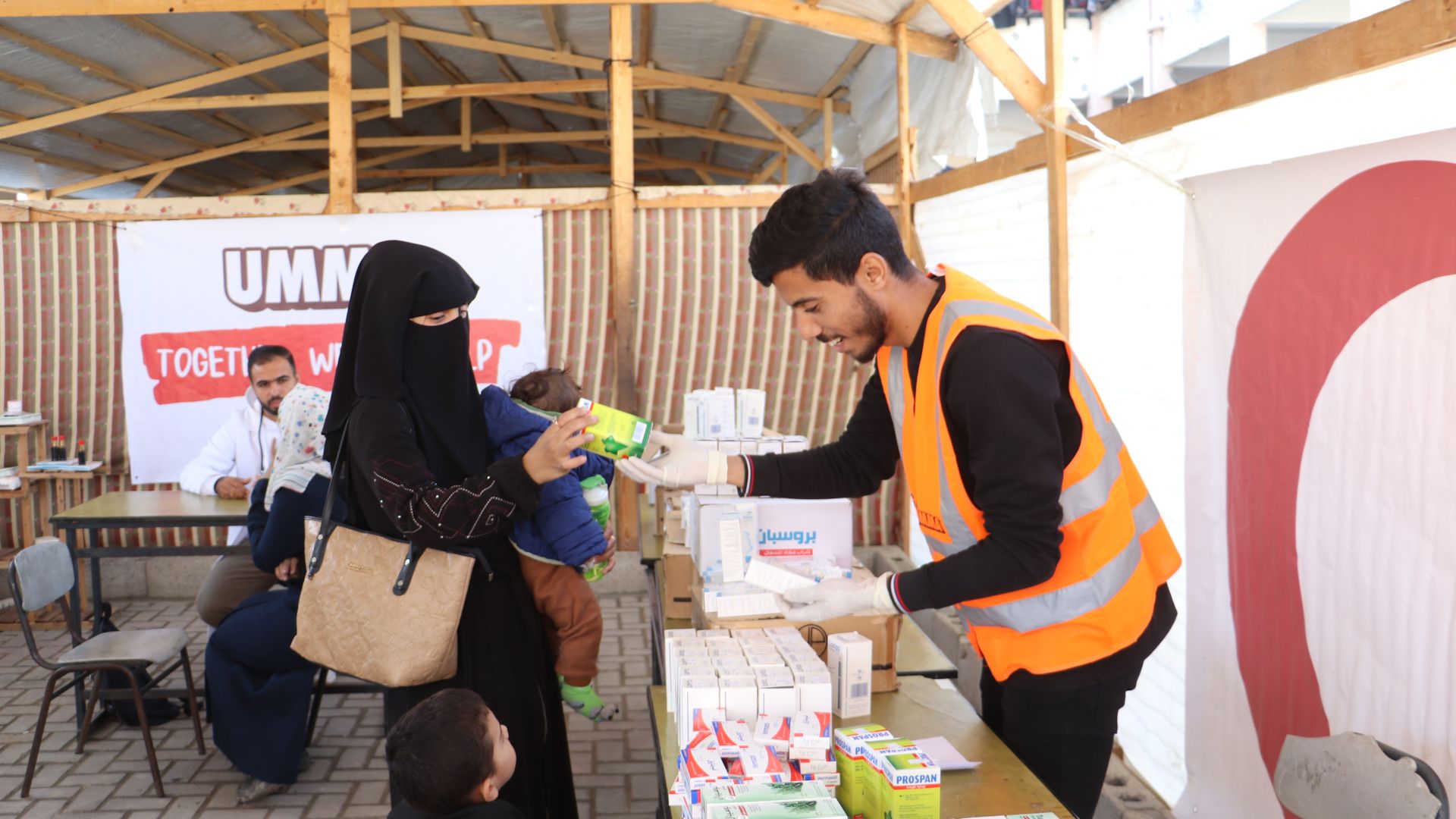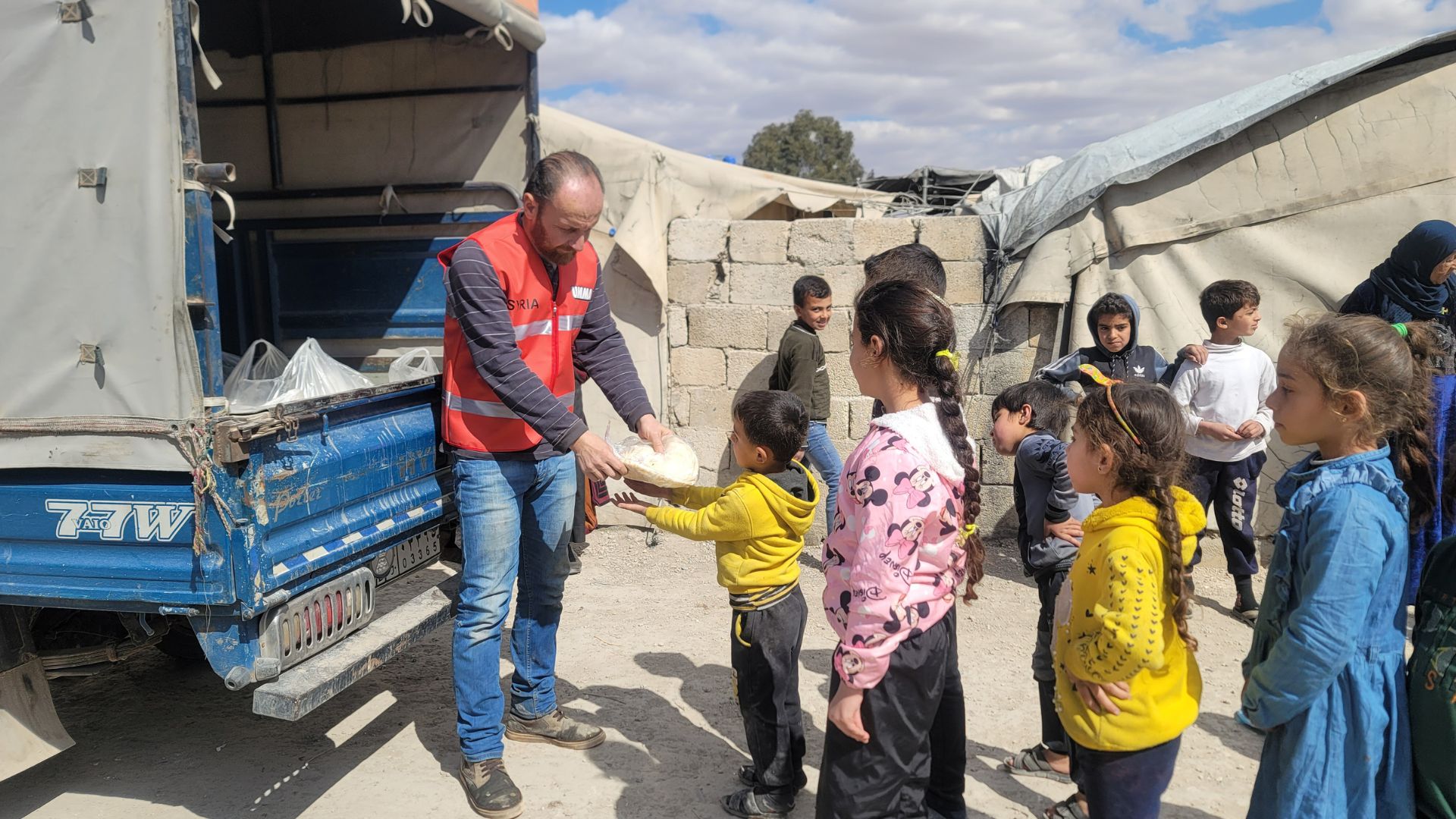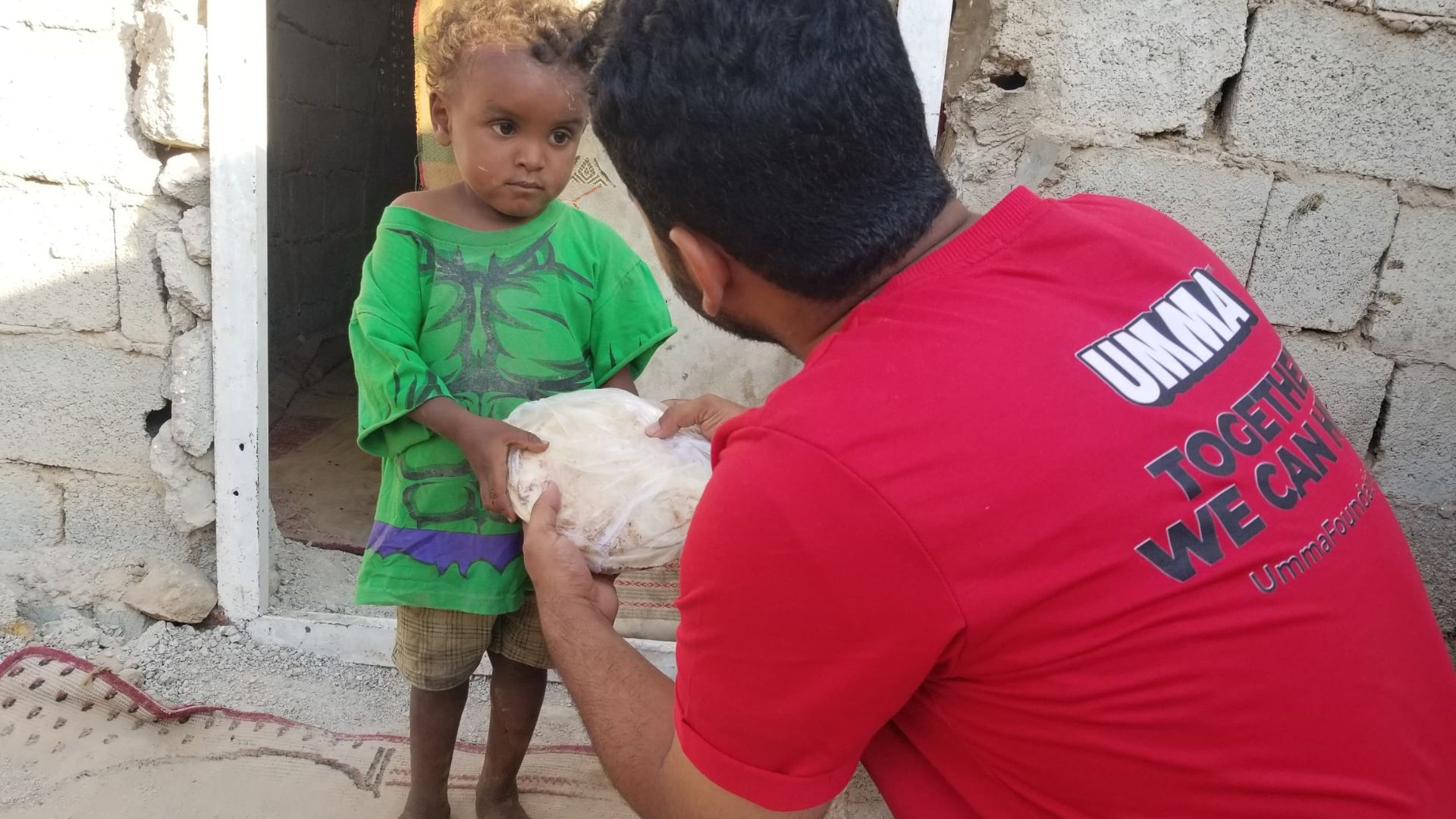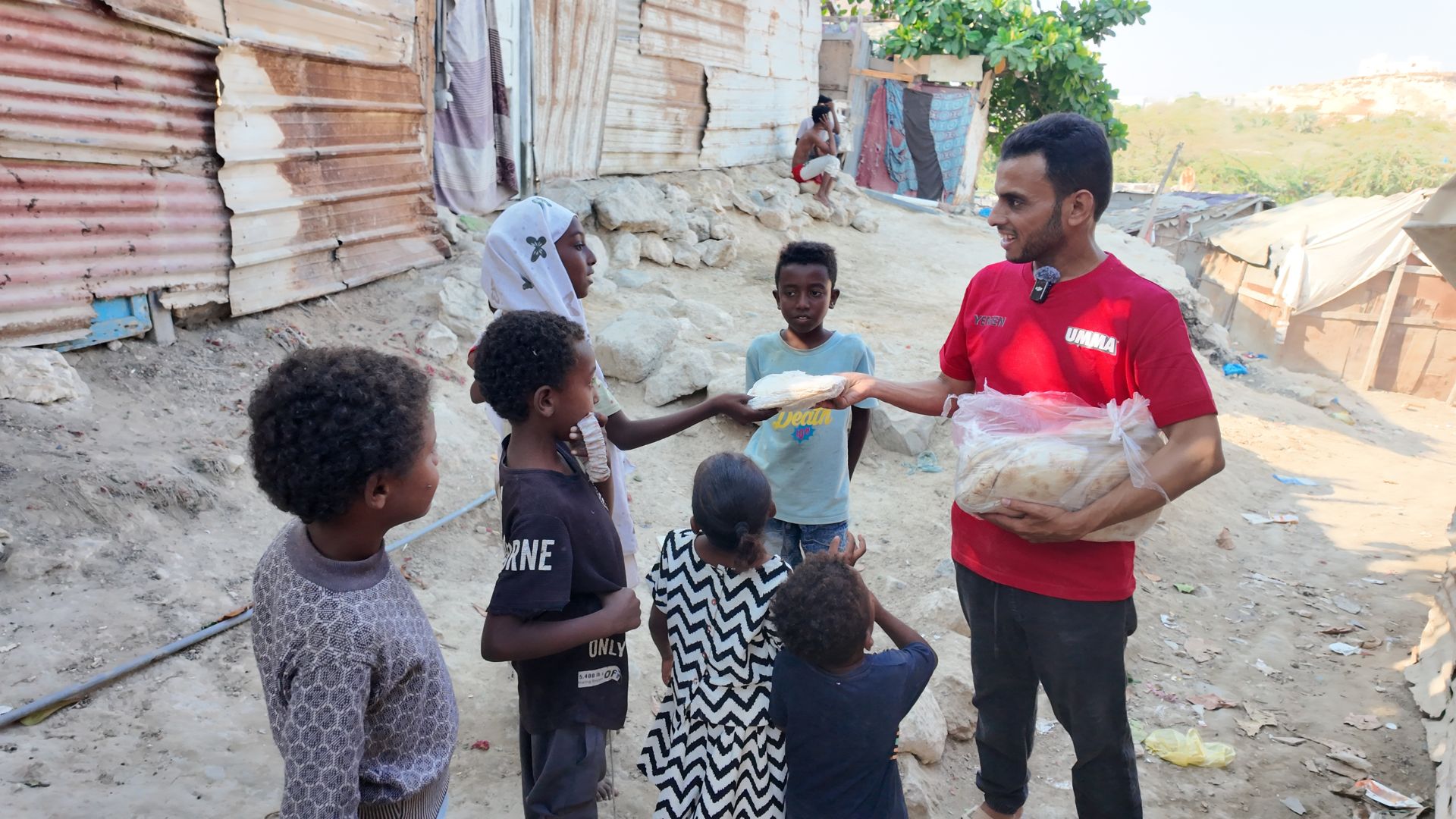Introduction: When Survival Becomes a Target
In 2025, a disturbing new term has emerged in humanitarian discourse: healthocide. Coined to describe the calculated targeting of medical facilities, health workers, and infrastructure, healthocide represents not collateral damage—it signifies deliberate attacks meant to break civilian resilience and deny access to care.
This chilling phenomenon is growing in intensity. In Gaza alone, nearly half the hospitals have been rendered non-operational, and over 60 medical workers have been killed this year. Meanwhile, reports of bombed clinics, blocked ambulances, and terrorized staff in Sudan and Yemen are fueling urgency.
For donors and activists alike, this isn’t just tragic—it’s a crisis that demands action. At UMMA Foundation, health is not just a side project—it is central. Our faith-based humanitarian partnerships focus on restoring medical access, protecting health neutrality, and ensuring that care remains a beacon of hope in zones of chaos.
Through this article, we explore what healthocide is, how it's unfolding in 2025, the humanitarian consequences, and how organizations like UMMA are responding. We will also share how you can help to protect medical neutrality, stopping this trend in its tracks.
Defining Healthocide – A War on Humanity
The term healthocide may sound new, but the reality is age-old: attacking healthcare to subvert resilience. Scholars, journalists, and healthcare advocates use the term to expose a disturbing fact: these aren’t accidents—they are strategic assaults.
In early reports published by BMJ Global Health and echoed by The Guardian’s coverage of Gaza, healthocide is being faithfully documented. In conflict zones, there’s a pattern: healthcare systems collapse not only from overstrain, but due to being actively dismantled.
Why this matters in 2025:
- Health infrastructure is being weaponized.
- Attacks inhibit life-saving responses to diseases, war injuries, and mental health issues.
- The erosion of trust in medical neutrality hurts long-term recovery.
UMMA stands at the frontline, fighting not only for medicine—but for the sanctity of health care as a protected space, free from violence.
Healthocide by Region — Stories & Stats
Gaza: A System Under Siege
- 670 attacks on health facilities across 2024–25, according to WHO. Over half are non-functional.
- Nasser Hospital strike alone killed over 20 people.
- Maternity ward attacked during labor hours; newborns and mothers vanished from care.
Gaza’s healthcare system is collapsing—and Palestinians are paying the price in lives lost.
Sudan: Compounded Crises
- In conflict zones, over 70% of hospitals have closed, per UN OCHA.
- Ongoing fighting blocks water and power to medical facilities.
- Essential medicine censuses show pediatric care down 80%, contributing to rising child mortality.
Yemen: Slow Collapse
- Decade of conflict, disease, and structural collapse. Some hospitals shut due to lack of fuel or security threats.
- Doctors report abandoned equipment in empty wards. Patients turn to herbal remedies as last hope.
The Real Human Toll of Healthocide
Healthocide devastates societies in layers:
- Immediate Loss: Innocent civilians—including children—die from easily treatable conditions because ambulances can’t travel, and clinics are bombed.
- Disease Outbreaks: Broken systems mean uncontrolled outbreaks of cholera, measles, typhoid.
- Long-term Trauma: Children and families grow with the legacy of lost loved ones and shattered healthcare.
- Mental Strain on Providers: Doctors and nurses risk their lives daily—many flee, creating a brain drain that further cripples healthcare capacity.
Without immediate attention, healthocide turns public health into a systemic breakdown difficult to solve.
International Protections and Medical Neutrality
International humanitarian law recognizes medical facilities and personnel as protected under the Geneva Conventions. Deliberate attacks violate treaties and should be prosecuted as war crimes.
Why enforcing medical neutrality is critical:
- Preserves avenues for care—especially in bombing zones or sieges.
- Protects aid delivery—food, vaccines, water depend on safe corridors.
- Maintains civic stability—when hospitals fall, society unravels.
External Authorities:
- ICRC’s Healthcare in Danger Campaign
- UN reports on attacks further emphasize the international cost.
UMMA upholds these standards—protecting medics and facilities as human rights in action.
UMMA Foundation’s Response to Healthocide
UMMA’s response is multifaceted, combining emergency medical relief with proactive protection.
- Mobile clinics that reach bombed-out neighborhoods and refugee encampments.
- Trauma kit distribution to frontline responders and mothers.
- Training local medical volunteers to sustain operations amid collapse.
- Psychosocial support for both medical staff and community members.
Each action is verified via photo, GPS, and narrative.
Our donor-centric NGO model allows funds to flow rapidly to those saving lives—without bureaucratic barriers.
Stories from the Field
These narratives underscore why healthocide is personal and urgent.
- Dr. Samir, working at a half-ruined clinic in Gaza, continues to treat infants—even without electricity—using lanterns and sterile buckets.
- In Sudan, Midwife Aisha navigates sand dunes to deliver babies in makeshift tents, because the nearest hospital was bombed out.
- In Yemen, Volunteers like Kareem distribute ORS (oral rehydration solution) at destroyed clinics, often under direct threat of attack.
Their resilience, embodied in these stories, reflects the importance of protecting healthcare space.
What You Can Do—Protecting Medical Neutrality
Beyond awareness, steps to defend health systems include:
- Donate to verified humanitarian aid groups like UMMA, MSF, WHO.
🔗 Donate Monthly - Advocate for global mechanisms that hold perpetrators accountable.
- Stay informed—share reliable articles, emotional stories, and verified updates.
Top Medical Humanitarian Organizations
- UMMA Foundation – verified field projects in Gaza, Sudan, Yemen.
🔗 ummafoundation.org - Médecins Sans Frontières (MSF) – emergency surgical and medical care under fire.
🔗 msf.org - World Health Organization (WHO) – coordinating health policy in conflict.
🔗 who.int - International Committee of the Red Cross (ICRC) – upholding Geneva law, protecting medics.
🔗 icrc.org - UN OCHA – tracking and condemning attacks on medical infrastructure.
🔗 unocha.org
Conclusion: Health Must Not Be a Target
The rise of healthocide signals a moral emergency. When hospitals become battlegrounds, entire societies begin to die.
UMMA and our trusted NGO networks stand firm—defending medical neutrality, delivering verified humanitarian aid, and amplifying compassion under fire.
If health is life, then healthocide must be stopped. Your voice, your donation, your advocacy can save hospitals, heal communities, and defend dignity.
Stand with UMMA. Protect medical neutrality. End healthocide.
The Top 5 Trusted NGO Networks to Collaborate With in 2025
If you're exploring partnership models, here are the five most transparent and effective faith-based humanitarian partnerships to watch (and work with):
- Umma Foundation
Global campaigns in Gaza, Sudan, Yemen, and NYC with milestone-verified results.
🔗 ummafoundation.org - Islamic Relief Worldwide
Decades of experience and operations in over 40 countries.
🔗 islamic-relief.org - Zakat Foundation of America
Combines donor trust with grassroots implementation.
🔗 zakat.org - Penny Appeal USA
Strong in both immediate response and long-term development.
🔗 pennyappealusa.org - Human Concern International
Emergency medical response and logistics excellence.
🔗 humanconcern.org
Final Thoughts: Let’s Build Something Better—Together
The humanitarian world doesn’t need more competition—it needs coordination, clarity, and compassion.
If you are a local NGO ready to scale your mission, remove the burden of fundraising, and join a trusted NGO network, it’s time to partner with UMMA Foundation.
Your work deserves to be seen.
Your impact deserves to be scaled.
Your community deserves relief—fast.
🔗 Apply to Become a Partner Today











